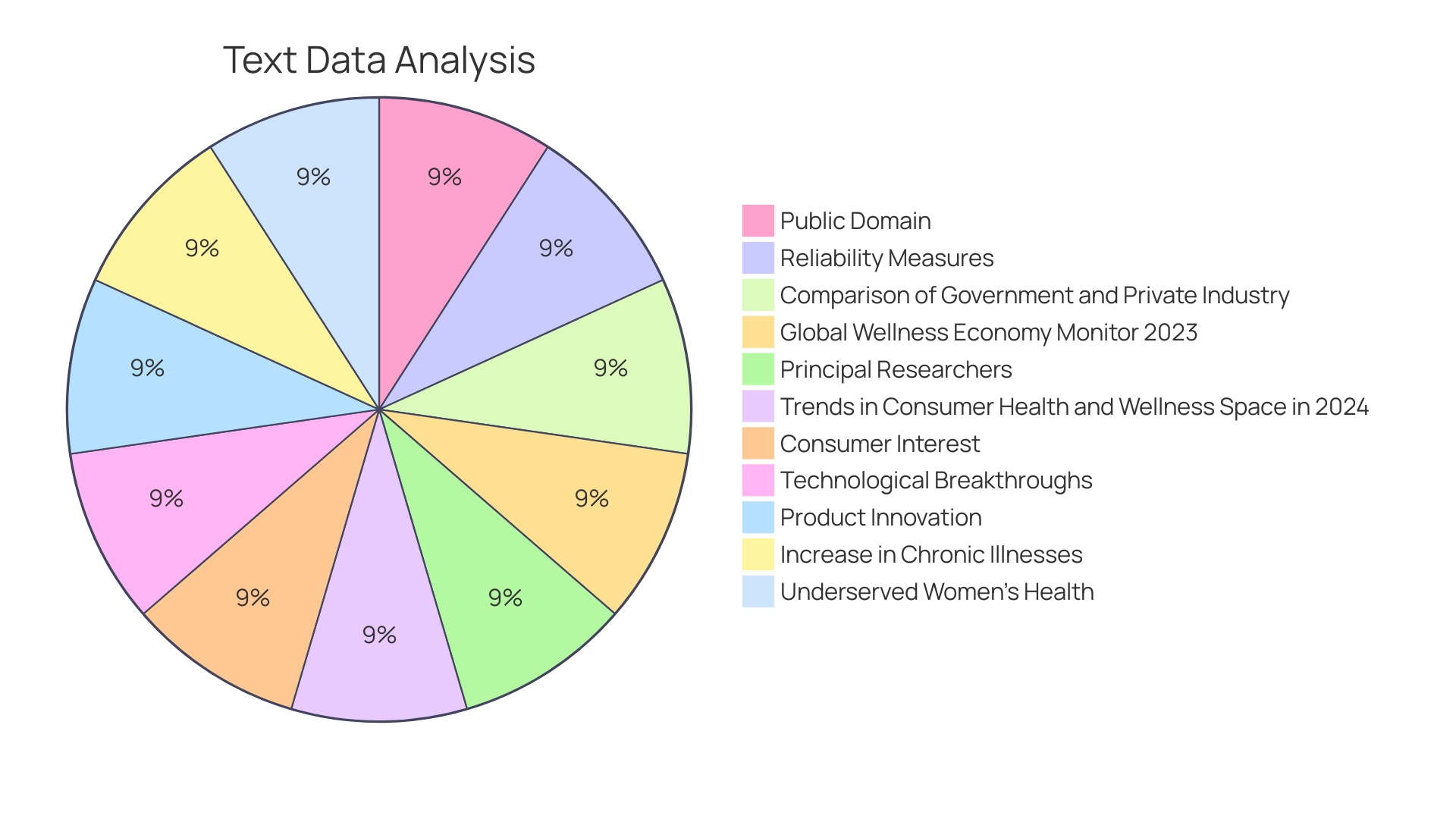Introduction
A wellness consultant plays a crucial role in shaping the future of workplace wellness. They offer expertise and customized guidance to help organizations create and implement tailored wellness programs. These programs focus on improving employee engagement, productivity, and overall health.
By collaborating with HR teams, wellness consultants understand the unique needs of each organization and devise strategies that meet specific challenges. They promote a culture of health and well-being within the company by staying abreast of the latest research and best practices in workplace health. Comprehensive wellness programs designed by consultants often include fitness activities, stress management workshops, mental health support, nutrition education, and work-life balance strategies.
These initiatives create a supportive work environment where employees feel motivated and empowered to prioritize their well-being. Prioritizing employee well-being not only increases productivity but also strengthens employee retention, contributing to the bottom line. A wellness consultant's role also includes setting measurable goals, creating effective implementation plans, and involving employees in wellness initiatives.
Measuring the success and ROI of these programs is vital, and consultants provide the tools and methods necessary for evaluation. Successful wellness initiatives serve as inspirational case studies, showcasing the positive results that can be achieved. Understanding the workforce composition and aligning wellness benefits with the company's brand are critical to creating meaningful and impactful programs.
With companies projected to spend $100 billion on well-being initiatives by 2030, the expertise of a wellness consultant enables organizations to take proactive steps in enhancing workplace wellness and cultivating a thriving work environment.
The Role of a Wellness Consultant in Workplace Wellness
An expert in well-being is crucial in molding the future of workplace health by providing specialized knowledge and personalized direction. They assist companies in developing and executing customized programs that prioritize enhancing employee involvement, productivity, and overall well-being. These professionals work together with HR teams to comprehend the distinct requirements of every organization and create approaches that address particular obstacles, fostering a culture of health and well-being within the company.
By staying updated on the most recent studies and effective approaches in the area of workplace health, professionals make sure that the implemented strategies are supported by evidence and capable of generating favorable results. They assist businesses in staying up to date with emerging trends and technologies in the field, advising on the crucial aspects of well-being to prioritize, including physical, mental, and emotional health.
Comprehensive wellness programs designed by consultants often include a variety of initiatives such as fitness activities, stress management workshops, mental health support, nutrition education, and work-life balance strategies. These programs are designed to promote a supportive work environment where staff feel motivated and empowered to prioritize their well-being.
For example, institutions such as the London School of Economics and Political Science have demonstrated that giving importance to the welfare of workers not only enhances efficiency but also reinforces staff retention, thereby making a positive impact on the financial results. Similarly, McKinsey Health Institute's research on holistic health highlights the importance of considering mental, physical, spiritual, and social factors to add both years to life and life to years.
Furthermore, the role of a health advisor involves aiding organizations in establishing quantifiable objectives, developing efficient execution strategies, and engaging employees in well-being initiatives. Measuring the success and ROI of these programs is vital, and consultants provide the tools and methods necessary to evaluate their impact on engagement, productivity, and health outcomes.
Successful health initiatives often serve as inspirational case studies, showcasing the positive results that can be achieved. For instance, the partnership between Wellmark and businesses has demonstrated that well-being can appear distinctive for every company, with initiatives being tailored to meet the needs of particular staff groups.
As companies such as L.L.Bean have shown through their Outdoor Experience Days, comprehending the workforce structure and aligning health benefits with the company's image are crucial in developing significant and effective initiatives. This method of promoting the well-being of staff is becoming increasingly crucial as organizations allocate more resources to initiatives focused on health, with projected expenditure expected to reach $100 billion by 2030.
Ultimately, a wellness consultant's expertise enables organizations to take proactive steps in enhancing workplace wellness and cultivating a thriving work environment that benefits both the employees and the organization.

Conclusion
A wellness consultant plays a crucial role in shaping the future of workplace wellness by offering expertise and customized guidance to organizations. They collaborate with HR teams to understand the unique needs of each organization and devise strategies that promote a culture of health and well-being. These consultants stay up-to-date with the latest research and best practices in workplace health, ensuring that the implemented initiatives are evidence-based and capable of producing positive outcomes.
Comprehensive wellness programs designed by consultants often include fitness activities, stress management workshops, mental health support, nutrition education, and work-life balance strategies. These programs create a supportive work environment where employees feel motivated and empowered to prioritize their well-being. Prioritizing employee well-being not only increases productivity but also strengthens employee retention, contributing to the bottom line.
A wellness consultant's role also includes setting measurable goals, creating effective implementation plans, and involving employees in wellness initiatives. Measuring the success and ROI of these programs is vital, and consultants provide the necessary tools and methods for evaluation. Successful wellness initiatives serve as inspirational case studies, showcasing the positive results that can be achieved.
Understanding the workforce composition and aligning wellness benefits with the company's brand are critical to creating meaningful and impactful programs. With companies projected to spend $100 billion on well-being initiatives by 2030, the expertise of a wellness consultant enables organizations to take proactive steps in enhancing workplace wellness and cultivating a thriving work environment. By prioritizing their team's well-being, HR Benefits Managers can create a positive and productive work environment that benefits both the employees and the organization.




